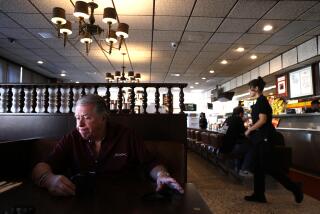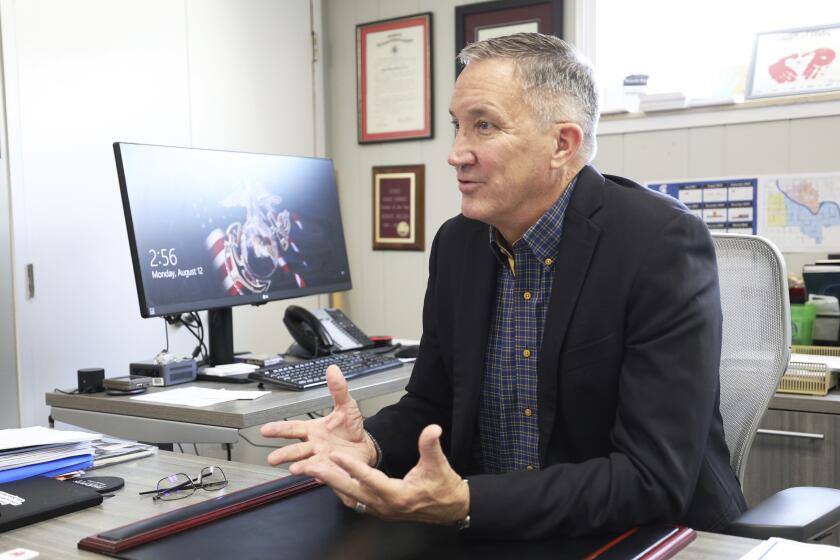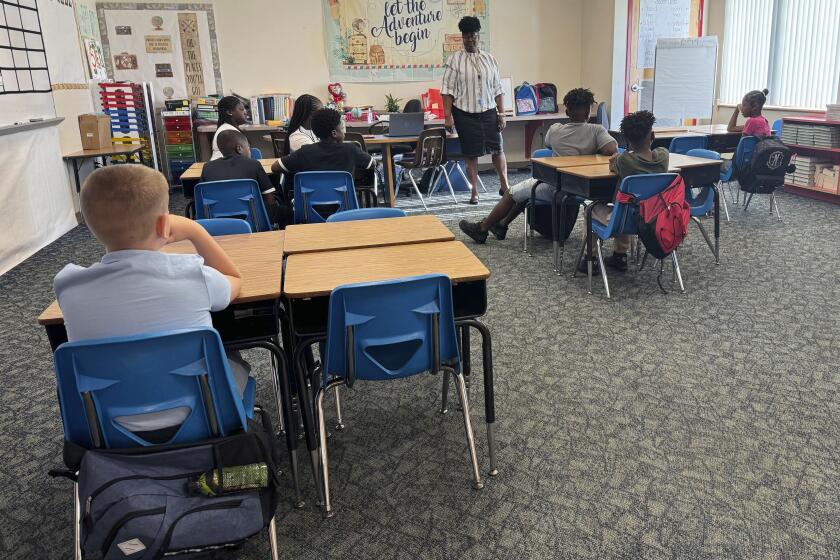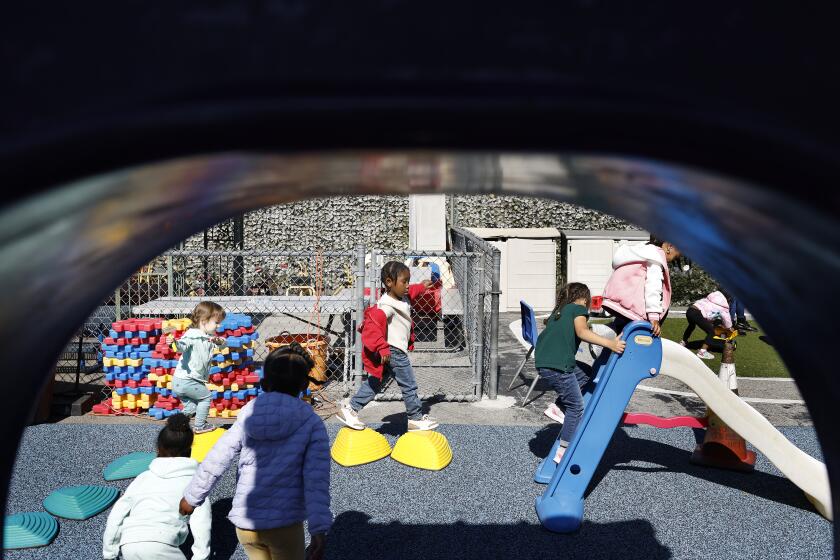Cultural Diversity: UC Irvine Paves Way
An English-as-a-second- language instructor needs a thorough understanding of a variety of ethnic cultures and their differences. But does a hazardous materials specialist? Or a land-use planner? A real estate investor?
Melvin E. Hall, UC Irvine’s dean of extended education programs, thinks so. And he has done something about it.
UC Irvine Extension has launched the first program of its kind in the nation: requiring students in all of its 41 certificate programs to take at least one three-hour session emphasizing cultural diversity in today’s increasingly competitive workplace.
“No matter what field you are in today, whether it’s emergency response, health care or engineering, anyone who is in a professional field involving other people--either directly or indirectly--needs to have some appreciation for the impacts of culture,” Hall said.
Today’s engineers, architects and computer software designers have to realize that they are creating products that will be used by people of different cultures, Hall said. In the event of a toxic spill or disaster, hazardous materials specialists and public safety officers need to be able to communicate the dangers to people who speak different languages.
Across the country, colleges and universities have been revamping curriculum in recent years to include themes of diversity, gender and cultural understanding, as well as a global view of history and society. The push has provoked heated debate, most notably at Stanford University and UC Berkeley, where faculty question the value and intellectual rigor of such courses. Critics assail the movement as an effort to force “political correctness” into the classroom.
In the fall of 1990, UC Irvine began requiring freshmen to complete two multicultural courses, one exploring the culture or history of U.S. minority groups, the other aimed at foreign nations or cultures.
That undergraduate requirement prompted Hall and his staff to decide that they must do more to prepare their night school students for the swiftly changing ethnic face of Orange County, where the Latino population has doubled in the last decade and the number of people of Asian origin has jumped nearly 120%.
Because most of the extension students are working adults seeking professional advancement, Hall hopes to have an immediate impact on society where it counts.
“The people who really influence what happens to youngsters and adults out there are the people who take our courses,” Hall said. “We don’t have the CEO’s . . . but we have their staffs, the people who write the procedures and carry out company policies.”
Multicultural training is not new to college continuing education. But it has been relegated mainly to programs for teachers of non-English speaking students, as well as managers and human resource specialists who deal with state and federal regulations against discrimination.
“There is not much being done at the continuing education level,” said Robert W. Comfort, who as the incoming president of the National University Continuing Education Assn. has commissioned a task force to bring issues of gender and diversity into extended education.
“Mel Hall’s operation is an exception,” said Comfort, associate dean of the University of Pittsburgh’s College of General Studies. “No one has gone as far as Mel has in his certificate program.”
UCLA Extension officials have tapped the UC Irvine team to explore making similar changes to many of its 4,500 programs.
“UCI is breaking ground for all the rest of us,” said Joyce Manson, head of instructor development for UCLA Extension. “We’d like to see it in all of our certificate programs.”
Hall is adamant that there is nothing “politically correct” about these courses.
“We do not want to impose a particular philosophy, and we have backed off the notion of sensitivity training,” Hall said. “We didn’t want to be in the position of preaching to professionals.”
By June, an estimated 1,000 students in UC Irvine’s continuing education certificate programs will have taken a three-hour class on diversity. So far, 70% of students surveyed have said it was a valuable use of class time, said anthropologist and consultant Olivia de la Rocha, who was hired as an independent evaluator of the program.
Those who do criticize the classes say it is too hard to weave what are essential social issues into courses such as electronics or contracts and grants.
“They say it doesn’t mesh well with the course, or students say: ‘Please, don’t take away this class time and devote to another issue, however important,” De la Rocha said.
Gina Laroff was dismayed to learn that a guest speaker would discuss diversity in her paralegal class at UC Irvine Extension.
“I thought: ‘Oh God, I don’t even want to go,’ ” said Laroff, a 30-year-old legal secretary for a Newport Beach law firm. “I’m not a prejudiced person, and I didn’t want to sit there and listen to people telling me how I should feel about other cultures. Because I don’t think I have a problem.”
The class turned out to be her favorite of the entire quarter. “It gave me a good feeling that here was someone trying to do something about bigotry,” Laroff said. “People take for granted that everyone does things in the same way. But even in Anglo-Saxon culture, families do things differently.”
More to Read
Sign up for Essential California
The most important California stories and recommendations in your inbox every morning.
You may occasionally receive promotional content from the Los Angeles Times.






